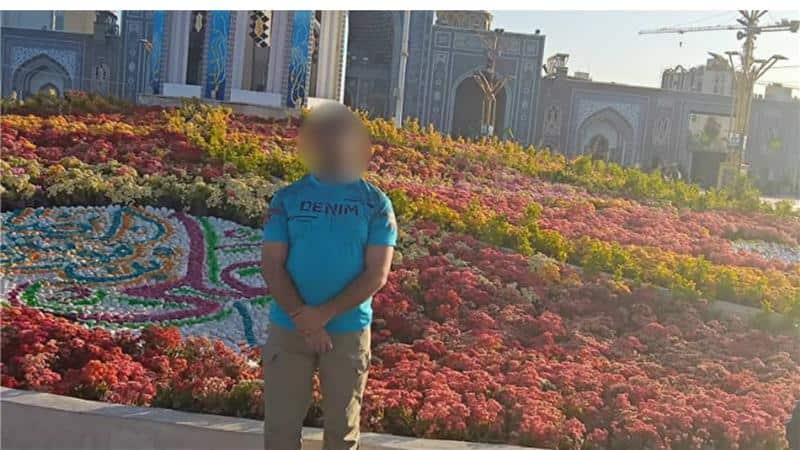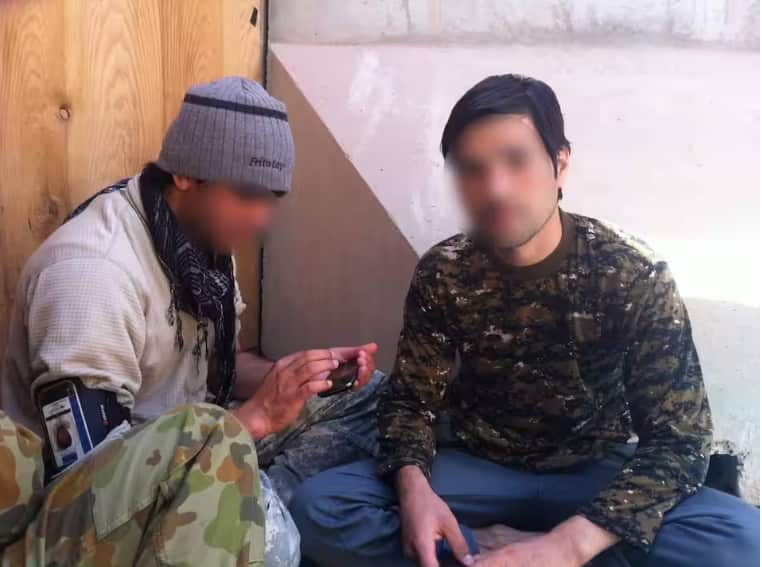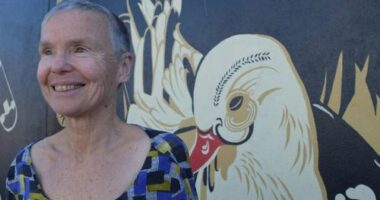Share this @internewscast.com
Key Points
- Dozens of Afghans who helped the ADF are still without humanitarian visas to come to Australia.
- A community leader says Australia has a ‘moral obligation’ to assist them to find asylum here.
- Since 2012, 3,267 people including almost 900 former Locally Engaged Employees have been resettled in Australia under a migration scheme which closed one year ago.
He is living in hiding, constantly changing locations, and says he feels “abandoned”.
I cannot live a normal life because I am constantly at risk. Death is better than living like this.
Ahmad*
“They haven’t asked for a medical check or biometrics and they haven’t advised me to leave the country. If they tell us to go to Pakistan or Iran, we will go, but they haven’t informed us yet.”
‘Overjoyed’ to finally receive a visa
He said he and his family were “overjoyed” when they received news that he had been granted a Special Humanitarian Visa (Subclass 201) on 14 May after a seven-year wait.

Ali* in Iran. Credit: Ali*
Now, he is waiting for his flight to Australia to start a new life.
While Ali is happy to start his new life with his wife and two children, he said he remains concerned about his colleagues still in Afghanistan and waiting for Australian visas.

Ali* (left) in Uruzgan, Afghanistan. Credit: Ali*
“If no attention is given to them, they may face serious consequences. I had similar bad experiences, I was jailed and accused of working with foreigners,” he said.
“My request to the Australian government is to also pay attention to our colleagues. If not, the outcome could be fatal.”
‘Australia’s moral obligation’
In addition, those LEEs who were abroad were facing severe financial hardship, expired visas and a constant fear of deportation, he said.
Thousands of Afghan refugees in Pakistan, including many awaiting the outcome of humanitarian visa applications to Australia, are facing arrest and deportation as authorities began their crackdown at the start of April.
“It is Australia’s moral obligation to provide safety and freedom to those who supported and worked for the Australian mission in Afghanistan,” he added.
“The Australian government, especially DFAT, AFP and ADF should expedite processing of all the applications lodged for Afghan LEE certification which should have been finalised by 31 May 2024.”
‘Remain a top priority’
*name changed for privacy reasons













